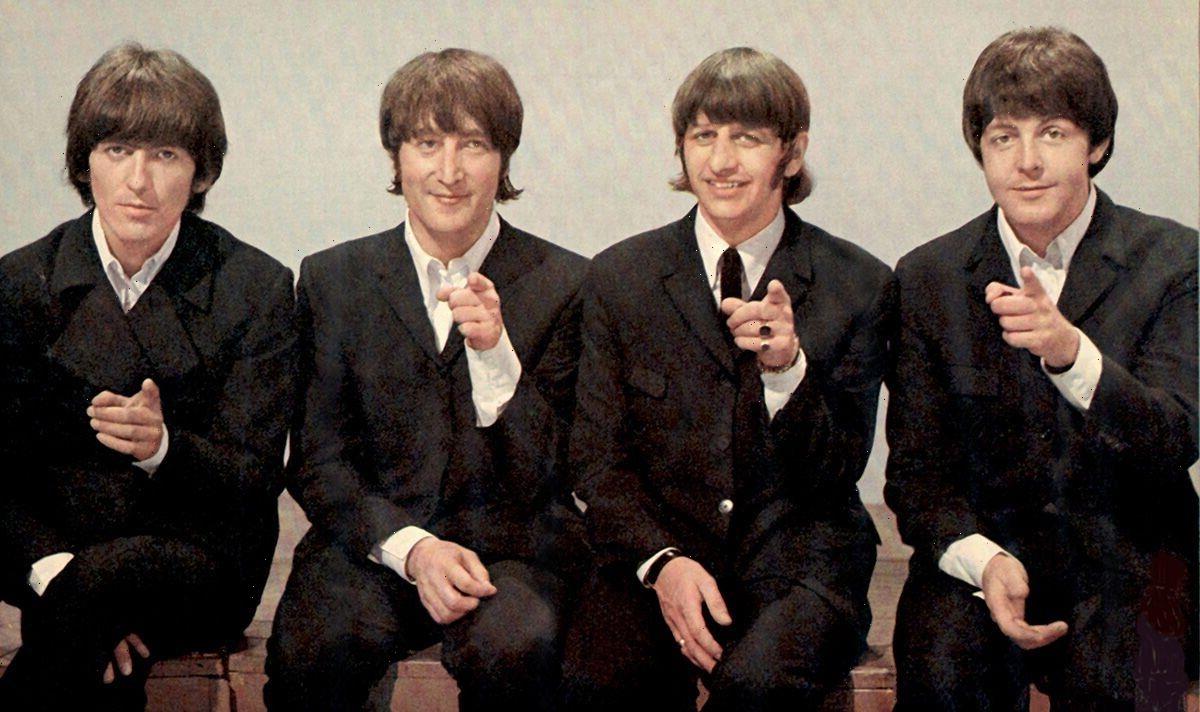“In a way, that match represented the personalities of what is going on in our country right now,” said Oscar-nominated actor Antonio Banderas when speaking about the Spanish being eliminated from the World Cup by the neighboring country of Morocco. “The Spanish didn’t know what to do. They were just passing horizontally, but the goal is there! So congratulations to Morocco. What the hell! I was surprised the defeat didn’t hurt me that much. On other days, I would’ve spent three days depressed!”
Banderas’ heartfelt congratulations to the Moroccan soccer team were received with great enthusiasm by the audience at his In Conversation event at the Red Sea Film Festival, where his latest, “Puss in Boots: The Last Wish,” is playing as part of Red Sea: Families and Children strand.
The actor went on to say his ties to Morocco come from his childhood years living in Marbella. “I can see Morocco from my house. Moroccan culture was in my house. I had a relationship with them.”
This understanding of different cultures — and being able to thread through them — has been a longstanding motif in Banderas’ career. Speaking on being a Spaniard in the United States in the early 90s, the actor recounted being told by colleagues he would have “to play the bad guys” because “that’s what we do here.”
Being able to break stereotypes is one of the reasons why 1998’s “The Mask of Zorro” holds a special place in the actor’s heart. “It was important that I got a sword and a mask. And that the bad guy had blue eyes, was blonde and spoke perfect English. It was important because it introduced the idea that there was a space for us. And ‘Puss in Boots’ is even better because it’s talking to kids, and they know since very little that the good guys can have an accent and the bad guys can speak perfect English.”
“That’s why this festival is important, that it consolidated itself in time because it will bring talent from Arab countries to the world. It’s opening a space to say ‘we have something to say and we are going to do it on the big screen,’ so I am very happy to be here and defend that idea,” said Banderas of being in Saudi Arabia.
“Movies can do those kinds of miracles too,” he concluded, before going on to mention how many Hispanic actors and directors have managed to break the glass ceiling since then. One of them, of course, is Banderas’ long-time collaborator Pedro Almodóvar. “Finding Pedro, or him finding me, changed the rules of the game. Not only from a cinematic point of view but from a personal point of view,” said the actor, who worked with the director in eight films including the autobiographical “Pain and Glory,” which earned him a best actor nomination at the 2020 Oscars.
“We were coming out of a dictatorship, the country was growing into a democracy. I remember coming out of my childhood at the same time my country was changing. Artists were coming and one of them was Pedro. They pushed social boundaries, morality boundaries. It wasn’t only what they were doing but how they were doing,” he said, mentioning how Almodóvar’s early penchant for comedy allowed him to connect with people. “But as he grew, the depth of his movies, the complexity of it, was showing more and more. He started losing a little bit of the humor and putting something completely different on the screen.”
“We didn’t work together for 22 years when I was working in Hollywood. Suddenly I went back to him in ‘The Skin I Live In.’ It was a very daring film. Almodóvar has always been the le enfant terrible of Spanish cinema and he bothered many people. You have to be ready for that in art.”
Although the actor is still very much enamored with cinema, theater is his one great love. Most of the conversation revolved around how Banderas has focused on not only returning to the stage but also paving the way forward for others in his home country. “It’s an incredible satisfaction to have a private theater, a non-profit organization that is highly professionalized. Between my two companies, I have almost 200 people working with me and we’re growing. We’re creating a school for technicians; we need stage managers, scenographers, directors… Professions that are beautifully attached to theatre, but don’t have a school in Spain.”
“It’s for my town and from my town,” he said, before adding that the capital to fund his passion comes from his long-term partnership with Fragrantica, who he has worked with for an enduring 27 years. “The perfume is allowing me to do those things. And it smells good.”
There is, perhaps, one cinema-related experience that can fill Banderas with the same level of adrenaline-infused joy as theater: Indiana Jones. On being part of the latest instalment of the franchise, the actor said: “My character is not very big but just being there is important, to work with Harrison, to be in front of Indiana Jones. The first time I was [on set], I went to the make-up trailer, turned around and saw Indiana Jones! With his whip and his hat! It was beautiful. It was awesome to be there.”
Before bidding farewell, Banderas reinforced his desire to return to his thespian origins, stating that he is “trying to make [his] career what it was in the beginning.” He dwelled on the beauty of playing onstage every night, saying, “It’s beautiful for me when someone says ‘5 minutes,’ the lights go on and I’m in the bubble. I can feel the people. I am with them, we are doing something together. I can feel the emotions, I can feel the laughter — everything that I am communicating, I can feel it. It’s intangible but it’s there. That’s why I am an actor, not because of all of the beautiful things it brought me.”
Read More About:
Source: Read Full Article

